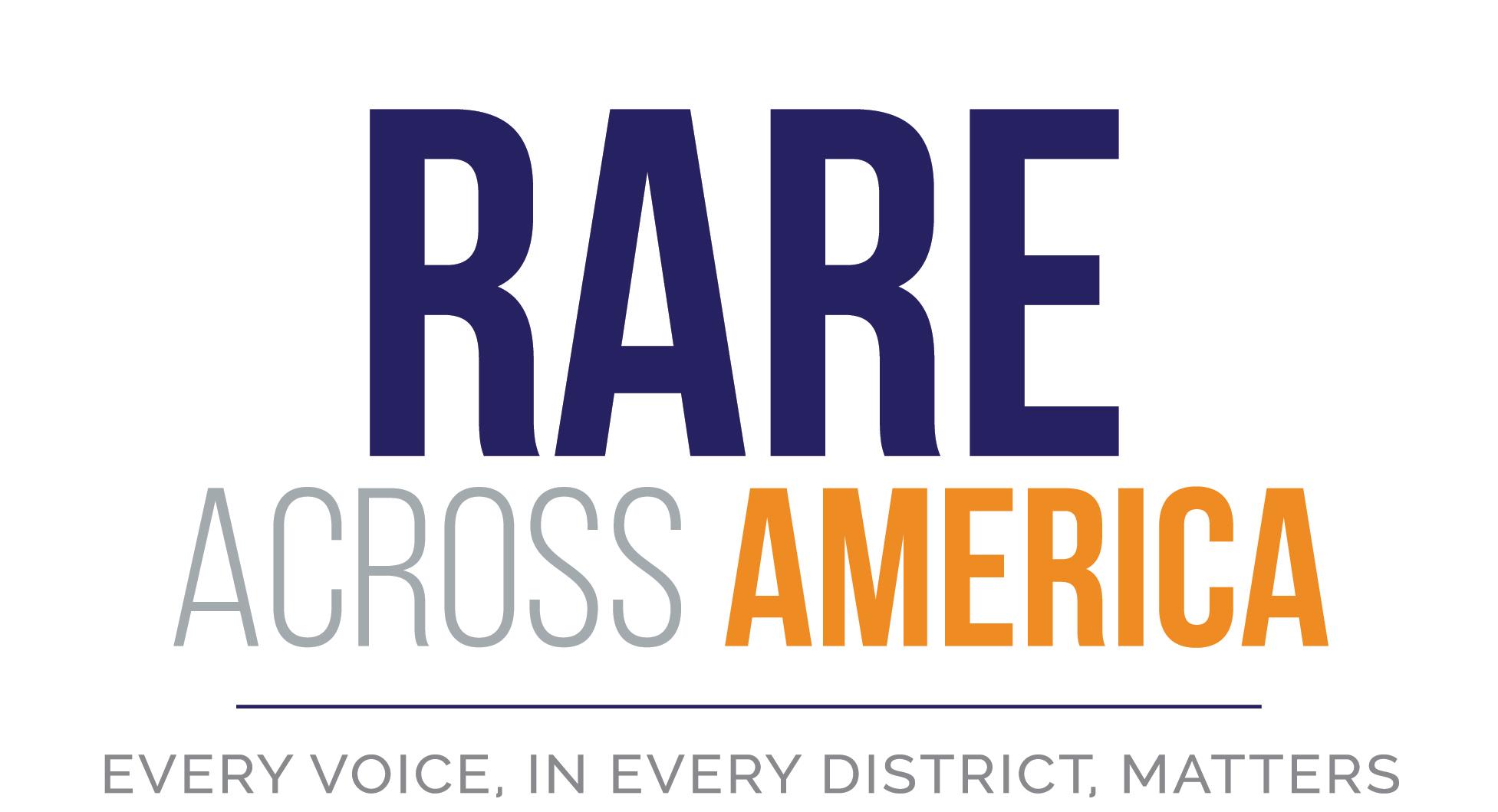
6 minute read
PEGASUS AN INTERVIEW WITH DOLCA THOMAS OF PRINCIPIA BIOPHARMA
Principia Biopharma is a late-stage biopharmaceutical company that develops next-generation therapies with the potential to transform the treatment of patients who have immune-mediated diseases. I interviewed Dolca Thomas, MD, Chief Medical Officer at Principia, about patient participation in clinical trials and new drug development.
What is Principia’s mission?
Advertisement
Dolca Thomas, MD (DT): Our mission is to develop and bring novel therapies to patients with serious immune-mediated diseases by changing the way small molecules are developed. What I mean by that is bring therapies that are safe, improve quality of life, and take patients as close as possible to living a life free of disease.
There are very large biopharma companies out there. What drew you to this company in particular?
DT: I’ve been at many big companies and one thing that is hard to accomplish in a large biopharma is getting a high level of connectivity to patients and the science as you advance in your career. What drew me to Principia Biopharma was the emphasis that the company puts on people, both internally and externally, especially patients. Bonding matters at Principia. Bonding is important for how our drugs engage the target, for how we engage internally in the company, and how we connect with investigators, patients, scientists, and regulatory agencies. Developing and cultivating these bonds are important to achieve our mission.
What made Principia want to develop new treatments for rare diseases?
DT: Focusing on rare disease can be challenging given the costs involved in developing a drug. Rare diseases may get neglected due to their small patient population and the challenges associated with conducting clinical trials in these patients. As a small company, we can be nimble in our decision-making, which has resulted in us focusing on indications where we believe we can really make a difference. We can work closely with physicians and investigators to leverage our strengths and to effectively make a big impact on the lives of patients with pemphigus who have been overlooked.
How important is patient input/feedback in Principia’s work on drug development?
DT: Patient input and feedback is critical. Without patients we cannot conduct trials. It is our obligation to facilitate patient participation and share the value and impact they are making. The more biotech companies simplify and integrate patients in the clinical trials process, the more successful we are in understanding what the patients need and developing therapies that are meaningful to their health. Engagement of patient advocates is also a critical piece for the successful execution of clinical trials.
Why are patients important for clinical trials?
DT: Patients are the link that brings a clinical trial together, and without them you can’t conduct studies that ultimately can change how doctors and clinicians treat patients, especially rare diseases. There are several benefits for patients who participate in clinical trials. Studies have shown that participants in clinical trials are more likely to receive more extensive care and follow-up from health care providers than patients who do not participate in clinical trials. And there is a “paying it forward” element to clinical trials that shouldn’t be overlooked. In addition, participation in clinical trials supports the development and access of new treatment options for patients in the future.
Why should patients enroll in the PEGASUS clinical trial?
DT: Rilzabrutinib’s (formerly known as PRN-1008) mechanism of action is unique in that it has the potential to reversibly inhibit many different immune cells without broad immunosuppression. There is a potential advantage for patients when you can control the autoimmune destructive process associated with pemphigus without increasing the risk for infections, and with minimal or no corticosteroids use. The goal of the PEGASUS trial is to evaluate the ability of rilzabrutinib to achieve complete remission (clear skin) while minimizing side effects associated with steroids.
What makes rilzabrutinib different than other treatments currently on the market?
DT: Pemphigus patients currently struggle with having to take high doses of corticosteroids to keep their disease at bay. There is considerable need for an oral, corticosteroid-sparing, fast acting therapy that reduces autoantibody and immune cells that trigger tissue inflammation and skin manifestations in patients.
Why did Principia Biopharma choose to work on pemphigus vulgaris (PV) and pemphigus foliaceus (PF)?
DT: Rilzabrutinib’s unique mechanism of action is well poised to address the immune cells that are involved in disease manifestations of pemphigus. Patients with PV and PF typically are prescribed high doses of steroids, which often lead to a poor quality of life and many side effects. Rilzabrutinib has the potential to limit or eliminate the use of steroids for PV and PF long term. We believe that rilzabrutinib has the potential to be a true benefit to patients.
What is a BTK inhibitor and how does it work for pemphigus?
DT: Bruton tyrosine kinase (BTK) is a protein that is inside many immune cell types, including B cells, macrophages and neutrophils. BTK signaling leads to activation of immune pathways associated with disease manifestation of pemphigus. Inhibition of BTK has the potential to reduce and eliminate the inflammation and disease manifestations associated with pemphigus.
What is your position and your role in working with the pemphigus clinical trial?
DT: I serve as the Chief Medical Officer at Principia Biopharma, where my role is to advance multiple therapies in our product pipeline. With rilzabrutinib as our lead product candidate, my focus is to work closely with our experienced clinical team, our clinical investigators, study coordinators, patient groups and key professional organizations to ensure we have the right resources and strategies that will ultimately benefit pemphigus patients.
Is rilzabrutinib in the PEGASUS trial designed to be steroid-sparing, or will it eliminate the need for steroids altogether?
DT: The PEGASUS trial has several parts. The first part of the trial (0-37 weeks) is designed to reduce steroids to minimal levels. The goal is to have patients achieve sustained complete remission (clear skin) for at least 8 weeks while on only 5 mg of prednisone daily. The second portion of the study (37 to 68 weeks), is designed to allow participants to be on no steroids and sustain complete remission. Additionally, after week 37, patients who had been receiving the placebo drug will be allowed to receive rilzabrutinib therapy.
Was there a Phase 2 study done on the drug, and did the trial meet all of its objectives and endpoints?
DT: We did conduct a Phase 2 trial where we evaluated control of disease activity and complete remission. The Phase 2 study met its primary objective and informed what is the optimal dose for controlling the disease and for achieving complete remission. While we are encouraged by our Phase 2 trial results, we hope our Phase 3 will provide the evidence that demonstrates efficacy and safety of the drug and paves the way for potential approval.
How is rilzabrutinib administered to patients, and how often would patients need to take it (daily, weekly, etc.)?
DT: Rilzabrutinib is taken orally twice a day, every day.
What impact does Principia Biopharma feel this therapy will have on patients' lives?
DT: Our goal is that this will be a new therapy modality where patients can have greater control of their disease with the least amount of burden on their quality of life.
How can the IPPF community help further in the drug development process?
DT: The patient community is what makes the drug development process possible. We need the support and participation of patients for our clinical trial program to be successful, and much of that support comes from the IPPF community. We encourage all of you to learn more about our clinical trials by visiting our website: www.principiabio.com/clinical-study/pegasus-study/.
For more information about clinical trials, visit www.pemphigus.org/research/clinical-trials.
Marc Yale was diagnosed in 2007 with cicatricial pemphigoid. In 2008, he joined the IPPF as a peer health coach and was promoted to executive director in 2016. Marc currently resides in Ventura, California, with his wife Beth and daughter Hannah.









